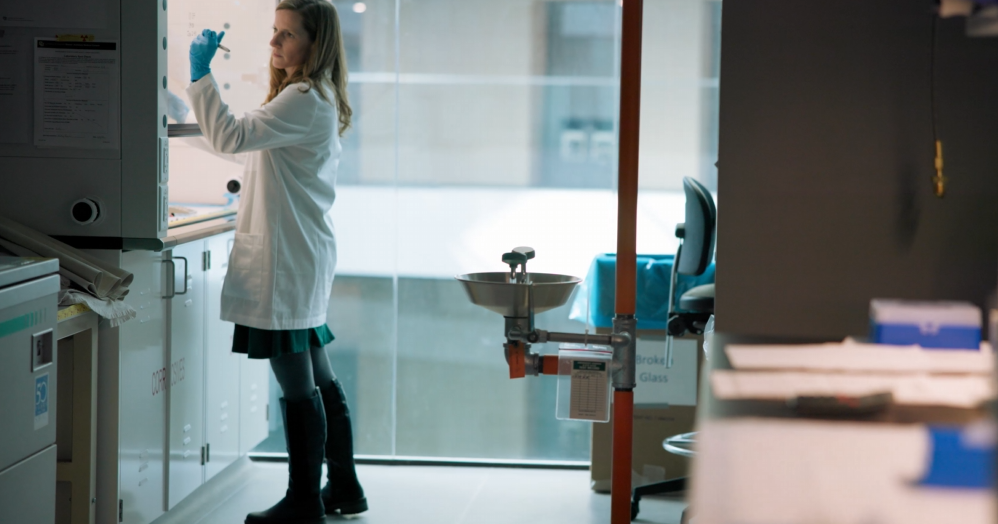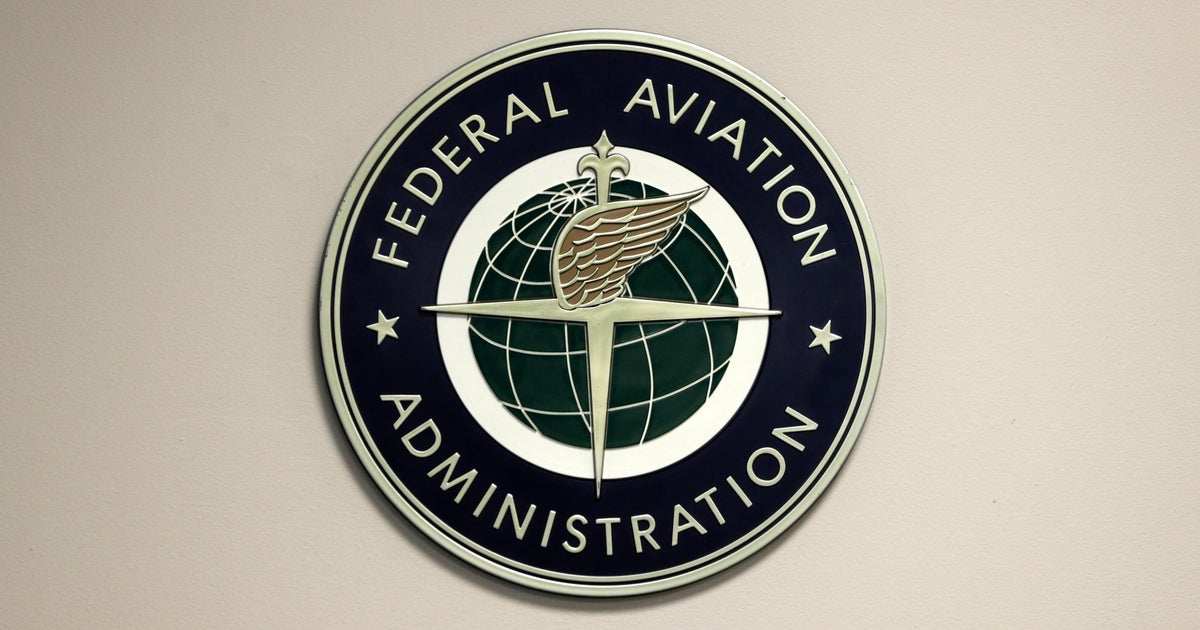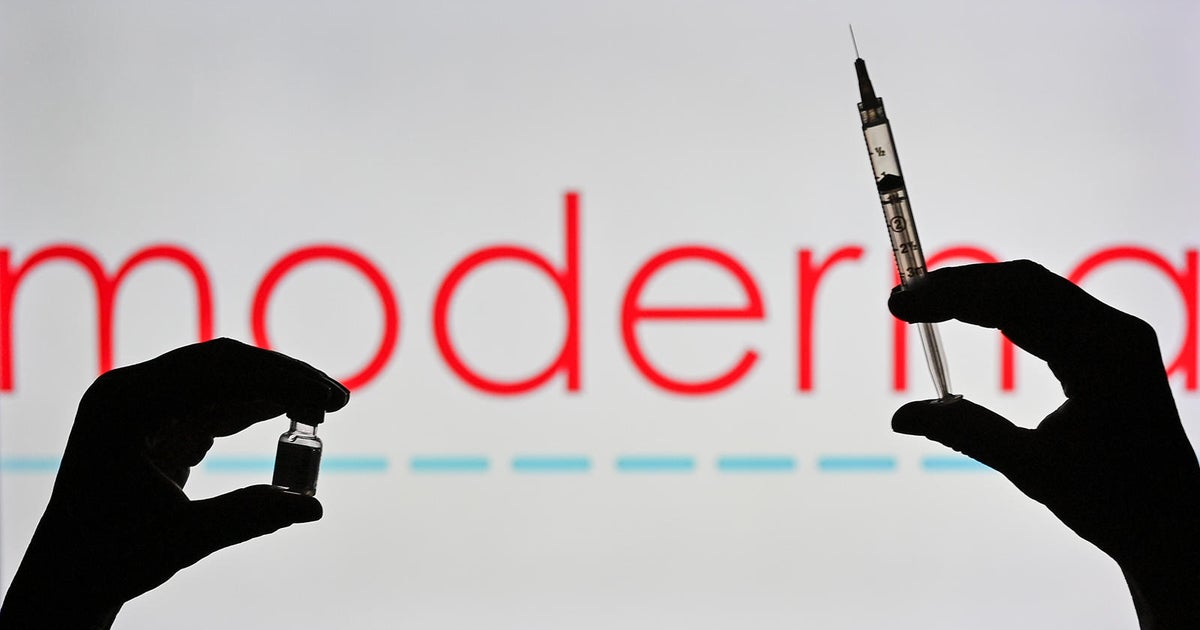Carcinogen found in some popular sunscreens and after-sun products including Neutrogena, tests show
Traces of a chemical tied to blood cancers including leukemia have been detected in dozens of popular sunscreens and after-sun products, according to tests conducted by online pharmacy and lab Valisure.
Benzene, a known carcinogen, was found in 78 of nearly 300 sprays and lotions tested — about 27% — including products sold by Banana Boat and CVS, according to Valisure.
In a petition, the company has asked the FDA to recall these contaminated batches. The regulating body is reviewing the claim.
"The FDA takes seriously any safety concerns raised about products we regulate, including sunscreen," the FDA told CBS News in a statement.
Sunscreens and after-sun, classified as cosmetics, are generally subject to FDA regulation.
The chemical is identified as "a colorless or light-yellow liquid chemical at room temperature." Valisure states that it's been used "primarily as a solvent in the chemical and pharmaceutical industries."
Trace levels of benzene can be found in cigarette smoke, gasoline, glues, adhesives, cleaning products and paint strippers.
Valisure also reported that 14 sun care product lots with some of the highest contaminations are sold across four different popular brands — Neutrogena, Sun Bum, CVS Health and Fruit of the Earth. Not all of the aforementioned brands' products were found to contain benzene, and lists of products found to contain and not to contain benzene are included further down the page in Valisure's petition form.
For example, Neutrogena's Ultra Sheer Weightless Sunscreen Spray, SPF 100+ and Ultra Sheer Weightless Sunscreen Spray, SPF 70 were among 14 products Valisure claims have some of the highest levels of benzene tested. But products like Neutrogena's Ultra Sheer Dry-Touch Sunscreen Lotion SPF 30 and Oil-free Facial Moisturizer with Sunscreen SPF 15 were not found to contain the carcinogen.
All of the samples tested have "contained up to three times the conditionally restricted FDA concentration limit of 2 parts per million" of benzene, according to Valisure's website.
David Light, the founder and CEO of Valisure, believes the issue is manufacturing contamination affecting specific batches. While the source of the contaminant is unknown and more of the products tested passed than failed, Light urged manufacturers and consumers to take the matter seriously.
"Benzene is one of the most studied and concerning human carcinogens known to science. Its association with forming blood cancers in humans has been shown in numerous studies at trace levels of parts per million and below. The presence of this known human carcinogen in products widely recommended for the prevention of skin cancer and that are regularly used by adults and children is very troubling," Light said in the company's statement.
He is also urging the FDA to better define its standards for contamination, and "address current regulatory gaps regarding benzene in both drug and cosmetic products."
Valisure is encouraging people to send in their own samples of sunscreen and sun care products for evaluation.
The company also made their FDA petition public, which includes a list of the batches with detected benzene levels. The products can be found on pages 12 to 15.
Johnson & Johnson, the maker of Neutrogena products, told CBS News that "benzene is not an ingredient in any of our personal care products."
The maker of Banana Boat defended its products as well, stating that "our sun care products undergo rigorous testing to ensure safety and quality and meet all FDA regulations."
CVS said in a statement that products they sell are "safe" and "we are in the process of reviewing and evaluating information in and related to Valisure's petition and we will respond accordingly."
Sun Bum told CBS News in a statement, "To further ensure the quality of our products, we will work with suppliers to understand how trace amounts may have been detected."
However, Valisure stressed to consumers that they should not avoid using sunscreen and should continue to do so.
"It is important for people, especially heading into the summer months, to understand that many sunscreen products tested by Valisure did not have benzene contamination, and those products are presumably safe and should continue to be used, along with appropriate hats and sun-protective clothing, to mitigate skin cancer risk," Dr. Christopher Bunick, MD, PhD, Associate Professor of Dermatology at Yale University was quoted as saying in the company's press release.
Below is a list of sunscreens and sun care products that were tested by Valisure and found not to contain benzene.



